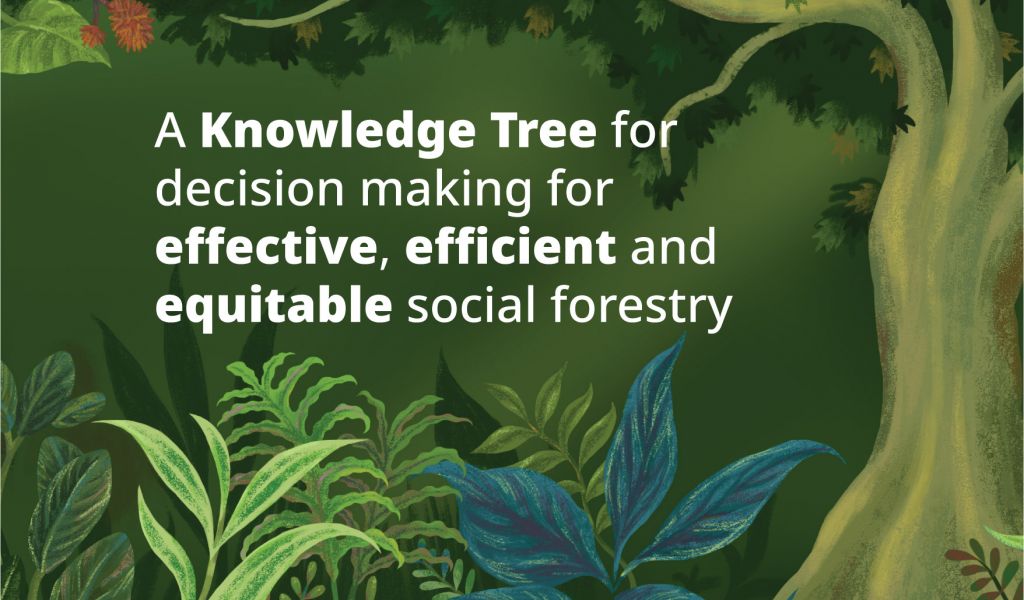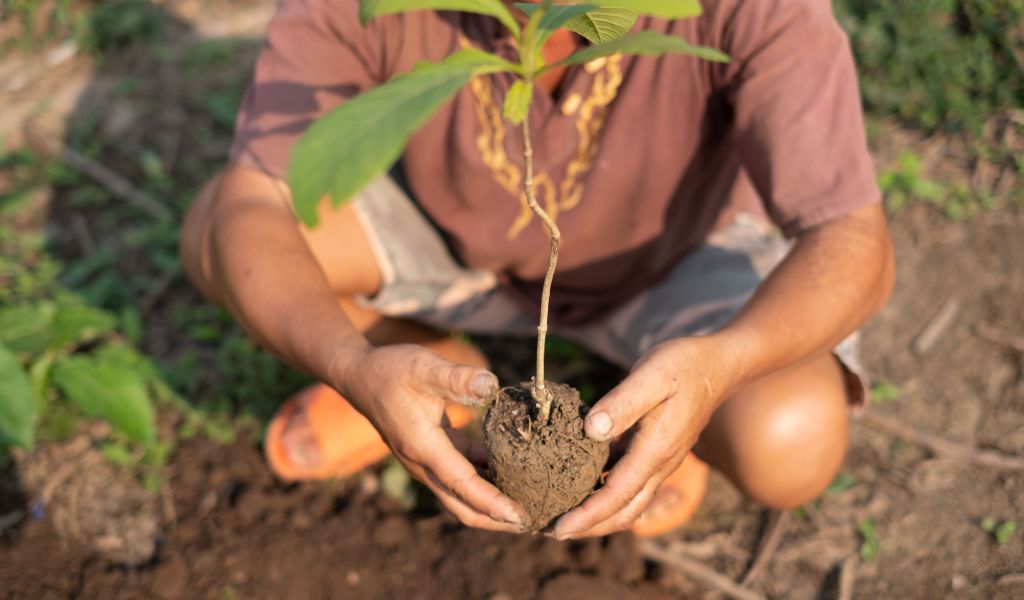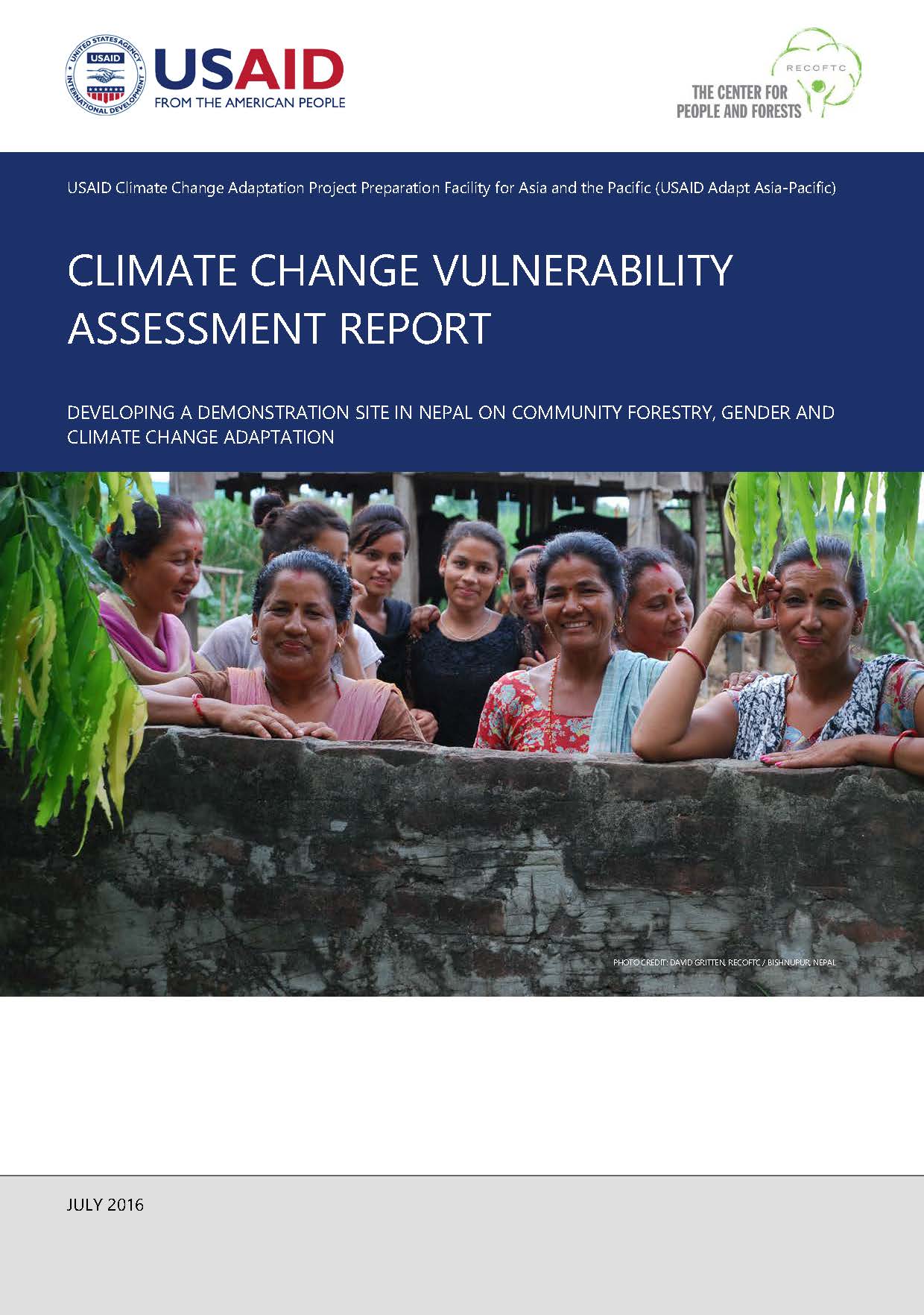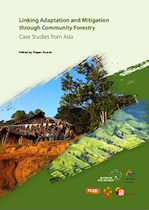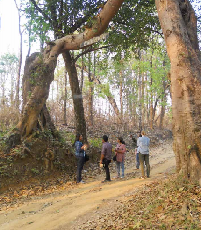RECOFTC

RECOFTC is an autonomous international organization that envisions a future where the people of the Asia – Pacific region live equitably and sustainably, in and alongside thriving forests and healthy, resilient landscapes.
Since our founding in 1987, this vision has provided RECOFTC with a clear direction, acting as a stabilizing goal in RECOFTC’s rapid world of change. RECOFTC, however, is part of a larger history of community forestry. In the late 1970s, a growing consensus developed that recognized government – controlled forestry as inadequate. Following decades of centralized control and particular policies that focused on natural resource extraction, the Asia – Pacific region saw a rapid loss of forest cover along with a general decline in the livelihoods of hundreds of millions of forest – dependent people. This recognition was the first step in achieving our vision. Yet as community forestry progressed, it became clear that a lack of technical knowledge, skills, and effective approaches were hindering policy making and the implementation of community forests.
This regional understanding lead to the founding of the Regional Community Forestry Training Center for Asia and the Pacific (RECOFTC) by the Food and Agriculture Organization of the United Nations (FAO), the Government of Switzerland (through the Asian Development Bank) and Kasetsart University, Thailand. Acting as a regional hub for training and research on Community Forestry, RECOFTC was led by Dr. Somsak Sukwong of Kasetsart University. Thirteen years later, RECOFTC – The Center for People and Forests was recognized as an autonomous international organization; an additional ten years after that, RECOFTC had expanded into regional countries such as Cambodia, Indonesia, the Lao People’s Democratic Republic, Myanmar, Nepal, Thailand and Viet Nam.
Community forestry is now widely acknowledged as a powerful solution for many of the challenges facing local people and wider society in:
- Improving rural livelihoods
- Enhancing community governance and empowerment
- Transforming forest-related conflict
- Protecting and enhancing the environment
- Helping to fight climate change
Over the past 30 years, governments in the Asia-Pacific have increased their commitment to community forestry in ways such as in passing vital legislation and investing in long-term institutional development. Today, tens of millions of local people already manage more than 25 million hectares of forestland in the Asia-Pacific region.
Since the 1990s, the area of forestry under community or household management in our region has grown from a negligible amount to around a quarter of the region’s forests. Working in close partnership with governments, nongovernment organizations (NGOs), and local communities, RECOFTC has been a strong catalyst for making this happen.
Our Mission
To enhance capacities at all levels to assist the people of the Asia-Pacific region in developing community forestry and managing forest resources for optimum social, economic, and environmental benefits.
Our Guiding Principles
- Clear and strong rights are essential if local people, especially the poorest and most vulnerable, are to actively engage in and benefit from forest management. RECOFTC works on strengthening local people’s rights to access, use, and own forests through tenure, policy, and market reforms.
- Good governance is necessary for the development and implementation of “community friendly” national forest policies, programs, and regulatory frameworks. RECOFTC promotes the rule of law, transparency, accountability, and the meaningful participation of people in local decision-making processes. Local people must be empowered to make their own choices and have their voices heard.
- A fair share of benefits for local people from forestry is needed to help reduce poverty and motivate active participation in forest governance and management. RECOFTC aims to increase and diversify sustainable income generation opportunities from forest management, and to ensure that benefits are shared equitably.

